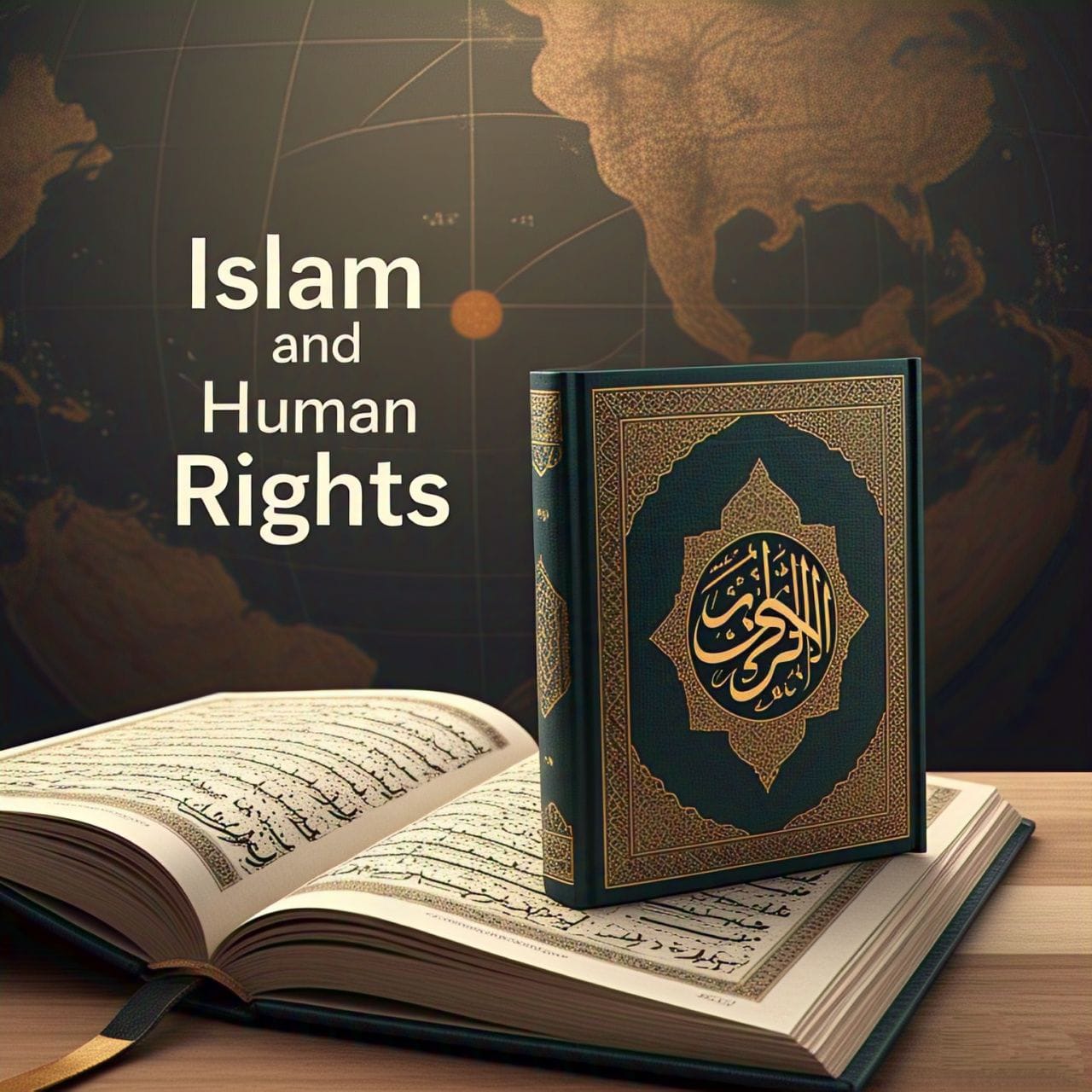Islam and Human Rights
The concept of human rights, as outlined in the Universal Declaration of Human Rights (UDHR), has generated a dialogue within the context of various faiths and belief systems, including Islam. Here, we will explore the perspective of Islam on human rights.
Comparison with UDHR: While many principles found in the UDHR align with Islamic teachings, Muslims do not necessarily advocate for the UDHR without qualification. This is because Islamic principles emphasize the centrality of God's laws, rights, and responsibilities, which are intended for the betterment of both this life and the Hereafter. Muslims believe that desires and wants do not inherently make an action morally right, and transgressing divinely prescribed laws is considered a sin.
Absence of Religious Considerations: One critique of the UDHR from a religious perspective is its absence of accommodation for concepts of God and the afterlife. The UDHR does not address the concerns and attitudes of those who have faith in God, which leads to a clash of values.
Universal Declaration of Human Responsibilities: In response to the perceived limitations of the UDHR, the Universal Declaration of Human Responsibilities was drafted in September 1997 to complement it. Critics argue that the UDHR is sometimes used as a geopolitical tool rather than a universal guideline for human rights.
Modesty and Chastity: Another point of contention is the UDHR's handling of modesty and chastity, which is central to some faiths, including Islam. The UDHR's stance on gender relationships often conflicts with religious teachings, which see such restrictions as integral to their beliefs.
Hermeneutic Study: Some individuals, influenced by Western thought, have deemed religious codes, including those in Islam, as outdated or mere superstition. However, many Muslims in the West argue that a systematic and analytical study of religious texts, with appropriate hermeneutic judgment, reveals the true teachings of the religion, rather than arbitrary and subjective interpretations aimed at fitting religion into various social and political norms.
Common Ground: It is acknowledged that many of the principles covered by the UDHR are either identical or conform to Islamic standards and principles. Therefore, there is a call for all parties to collaborate in crafting a universal human rights charter that garners unanimous acceptance.
Islam's Comprehensive Approach: Islam itself is seen by its followers as a comprehensive system that encompasses all rights for the entire creation, including human rights. It is believed to have been designed by the Creator and conveyed by His Messengers. The endorsement of Islam's completeness is reflected in the Quran, with a verse in Chapter 5, Verse 3, stating that God has perfected the religion of Islam:
“Today I have perfected your religion for you and completed My blessing upon you. I have approved Islam as your religion.” (Quran, Chapter-5, Verse-3)
In conclusion, while there may be disagreements and nuances in the dialogue between Islam and human rights, there are also areas of convergence. Muslims and others continue to engage in discussions aimed at fostering a deeper understanding of how these principles align and where differences persist.










